Insulation Soundproofing Solutions for Your Home Theater
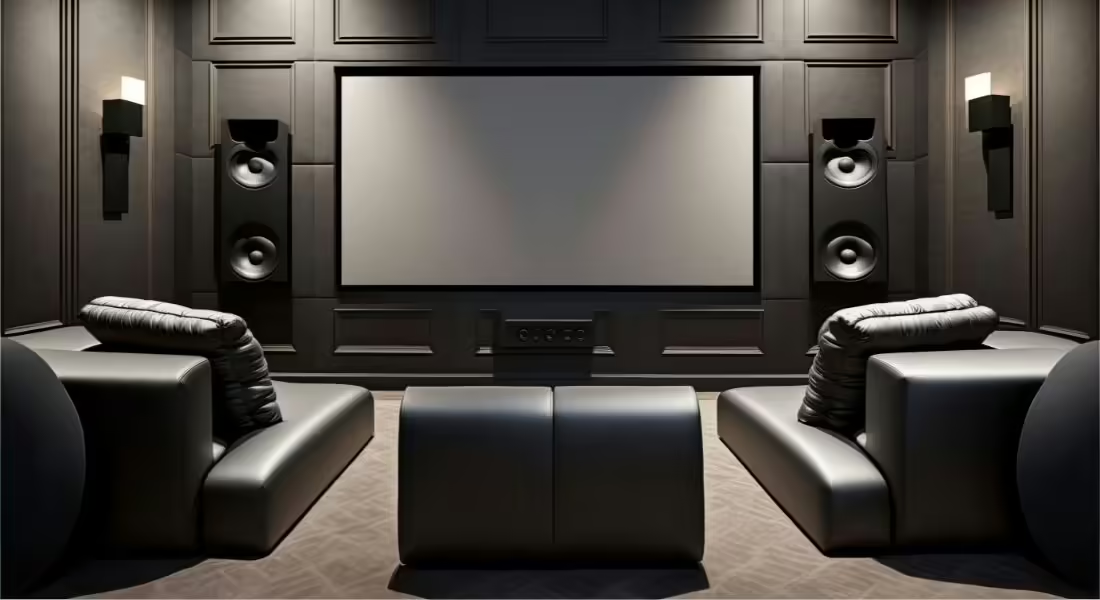
Many homeowners want to install a home theater in their homes. It makes for a fun movie and television-watching experience. There’s nothing better than snuggling into your own theater after a long day at work or during stormy weather.
Creating a home theater requires proper planning and adequate materials. One of those materials is insulation, which is key to effectively soundproofing your home theater. Continue reading to explore insulation soundproofing solutions for your home theater.
Home Theaters and Sound Traveling
Understanding the basics of sound travel can help you create the perfect home theater sound insulation. Noise frequencies create waves that travel through the air. And when these waves come into contact with a wall or another solid object, they either become absorbed or pass through. Typically, the deeper frequencies pass through, and higher frequencies dissipate in the wall or object.
Here’s a way to understand this theory. Have you ever stopped at a red light next to a vehicle blasting music? You can listen to the deep bass bumping but can’t make out the melody or lyrics. Decibels are how you measure sound waves. Home systems usually exceed 100 decibels, but the standard home drywall only absorbs up to 40 decibels, meaning the sound will easily escape from the home theater into the rest of the house, disturbing others.
Another thing you should understand is the two sound types:
- Structure-borne
- Airborne
Physical impacts create structure-borne sounds. Examples include clapping, stomping, slamming a door, or dropping an object on the ground. They can also form from the vibration of sound waves traveling through a structure. You could hear vibrating, buzzing, or humming. Airborne sounds continue traveling until they reach an individual’s ears. They include noises that come from audio systems, televisions, and phones.
You’ll discover several insulation and non-insulation solutions to help you soundproof your home theater. You want to keep the airborne and structure-borne noises from escaping.
The Science of Soundproofing
What is soundproofing for? Soundproofing prevents sound waves from leaving a specific area by blocking them with different materials. Designing the right soundproofed home theater requires creativity, design, and know-how.
Constructing the theater from scratch is the best and most effective way to ensure you soundproof it correctly. You can install proper doors, soundproof insulation, and sound-dampening walls. But you can also create a high-quality home theater after construction. To do that, you’ll need to add soundproofing materials to various surfaces in the theater to dampen or prevent the noise.
STC Ratings
How do you know if a material will work effectively? The STC rating provides insight into how well a material will work at soundproofing. What does STC stand for? It’s an acronym for sound transmission class, and laboratory testing determines the number by measuring how many sound decibels the material captures. The numbers range from 20 and lower, where you can understand soft speech, to 60 and above, where loud music is barely audible. The higher the STC number, the better the material will be for your home theater. Generally, you should look for soundproofing materials with an STC rating of around 55 to 60.
Top Insulation for Soundproofing
Certain insulation types work better at soundproofing than others. The more fibrous and softer insulation types work more effectively. Let’s explore a few of the best.
Fiberglass
Fiberglass insulation will help you dampen unwanted sounds. It’s incredibly effective at reducing the transfer of sound. The highly fibrous material will prevent sound from the theater from entering the rest of the house.
Open-Cell Spray Foam
There are two types of spray foam insulation: open- and closed-cell spray foam. Between the two, open-cell spray foam is more effective at absorbing sound. The porous design allows it to stop the sound waves. If you’re interested in applying open-cell spray foam in your home theater, contact Paragon Protection. We’re the best spray foam insulation contractors in McHenry County, IL. We’ll professionally install the spray foam insulation and help you create a soundproof home theater.
Mineral Wool
Mineral wool works as effectively as fiberglass insulation. You’ll have to consider the price if you want to install this insulation type. It’s generally the more expensive option.
Loosely Packed Fibers
Loosely packed fibers effectively absorb mid-range and high frequencies, but it has trouble with lower bass tones. Understand that if you choose this insulation type, you may not block out all the sound waves.
Areas To Soundproof in Your Home Theater
There are specific areas of your home theater that you need to insulate and soundproof to ensure no sound waves escape. Ensure you don’t miss these spots.
Doors
Solid, thick doors are the only way to go for a soundproof theater room. They help stop the noise from entering the rest of your home. A draft stopper is a good investment to make when you’re soundproofing. You place it at the bottom of the door to help stifle any noise that could escape from the gap underneath.
Floors
Along with insulating the floors of your home theater, you need to consider the flooring material you use. Instead of cement, tile, or hardwood, use carpeting. It will dampen the sound more effectively than hard, reflective surfaces. You’ll gain more soundproofing benefits with carpet.
Windows
Windows will allow the outside elements and noises to creep indoors and interrupt your movie experiences. Invest in double-pane windows for more soundproofing. Thin glass won’t block out much noise. Ensure you insulate properly around the windows to keep all outside elements out.
Don’t forget to hang black-out and sound-dampening curtains. These two materials will help keep noise and light out of the home theater.
Lights and the Ceiling
This area is important if your home theater is on your home’s first floor or in the basement. Sound can travel up through light fixtures and the ceiling. Adding insulation to the ceiling and around the lights will ensure no sound waves travel.
Suspended light fixtures and low-profile fluorescents are the optimal options. Avoid using recessed lighting. You’ll have to drill large holes into the ceiling if you use built-in light fixtures. Subtle lighting options like sconces will work better for your home theater.
These insulation soundproofing solutions will help create the ideal home theater. It’s important to understand that you can never fully soundproof a home theater. It’s far too technical and not structurally sound. But that doesn’t mean there aren’t ways to reduce the sound, which is exactly what will happen if you follow the above advice. You’ll be enjoying movies in the comfort of your home theater in no time.
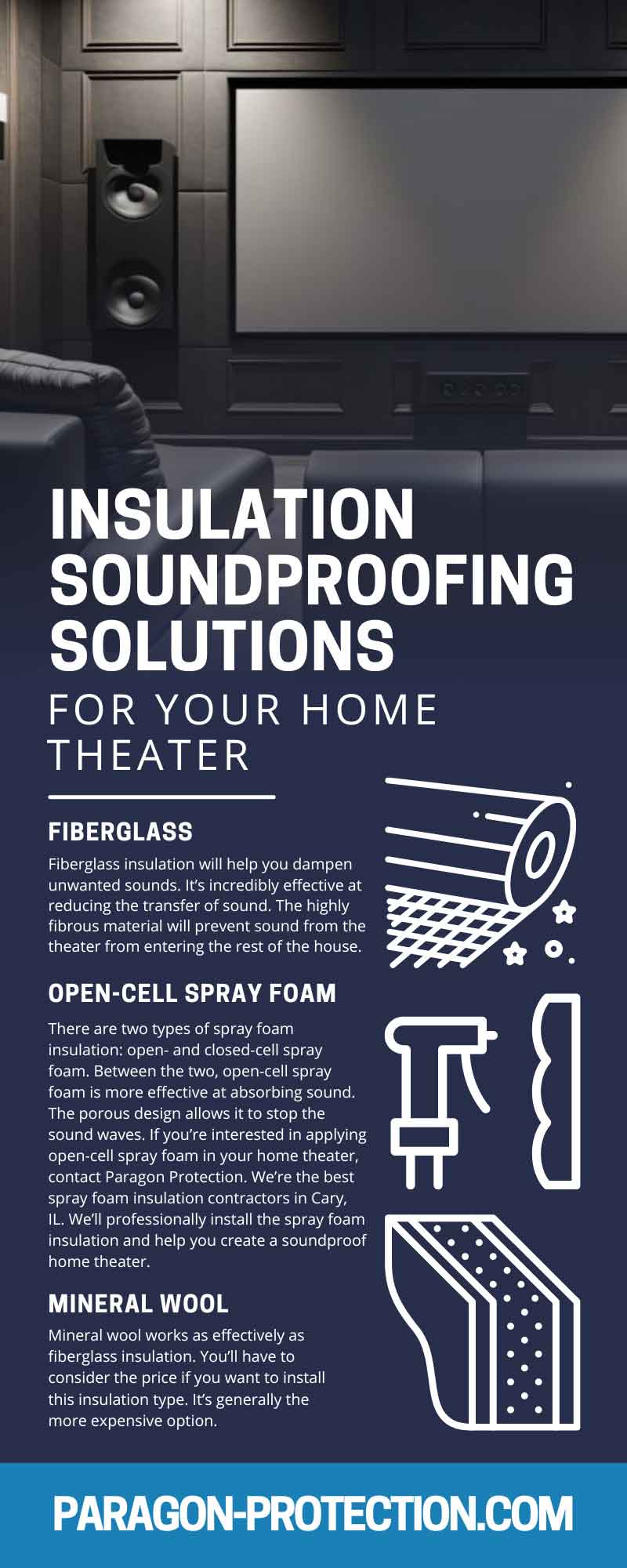

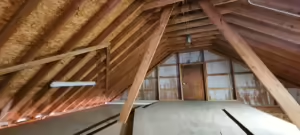
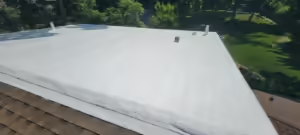
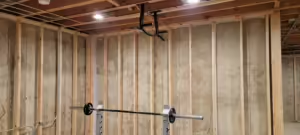
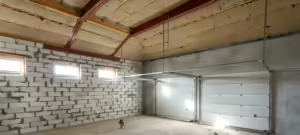

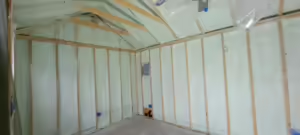
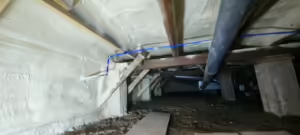
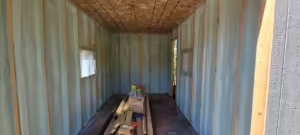
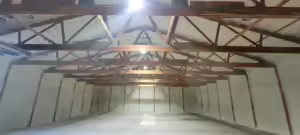


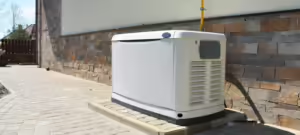
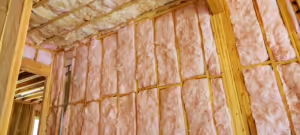
 Professional Insulation Services
Professional Insulation Services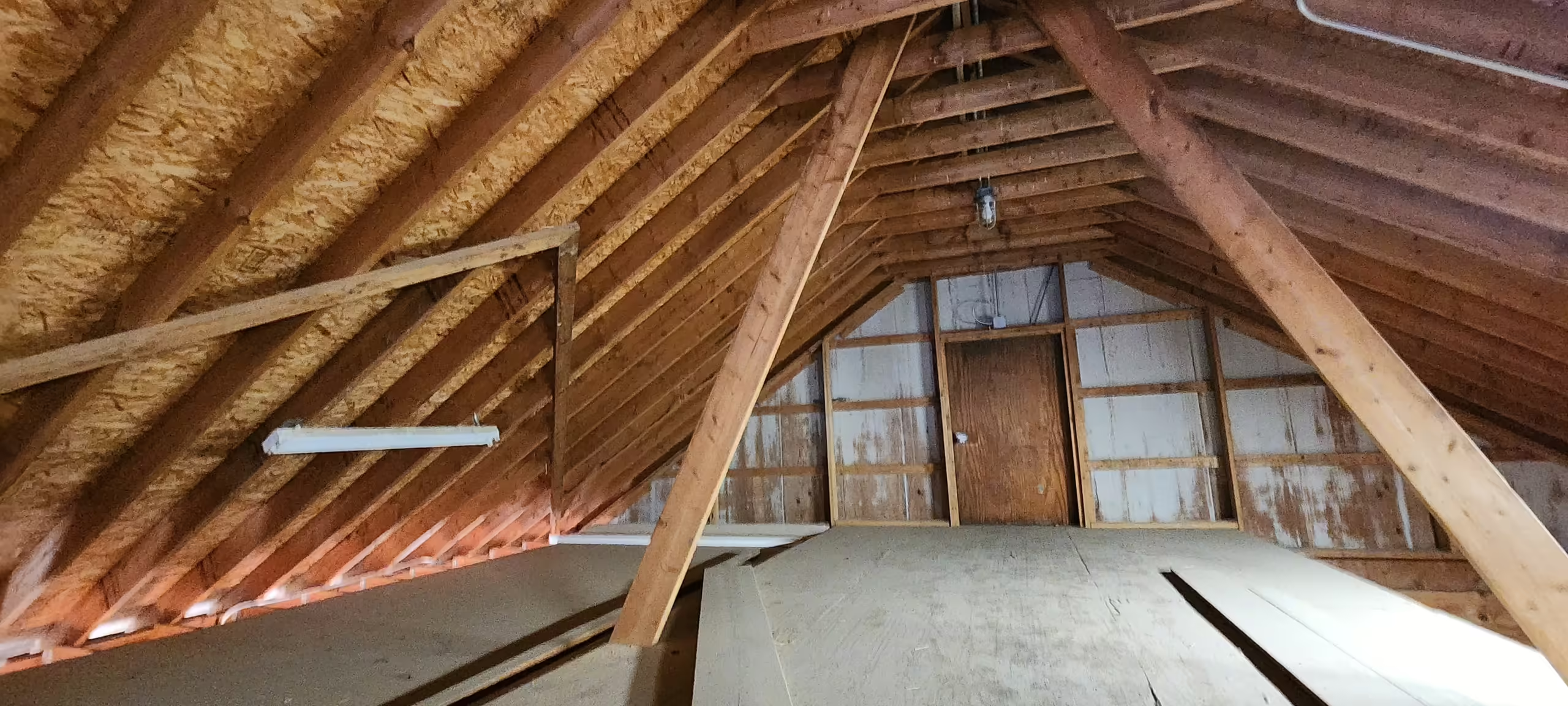 Attic Insulation Services
Attic Insulation Services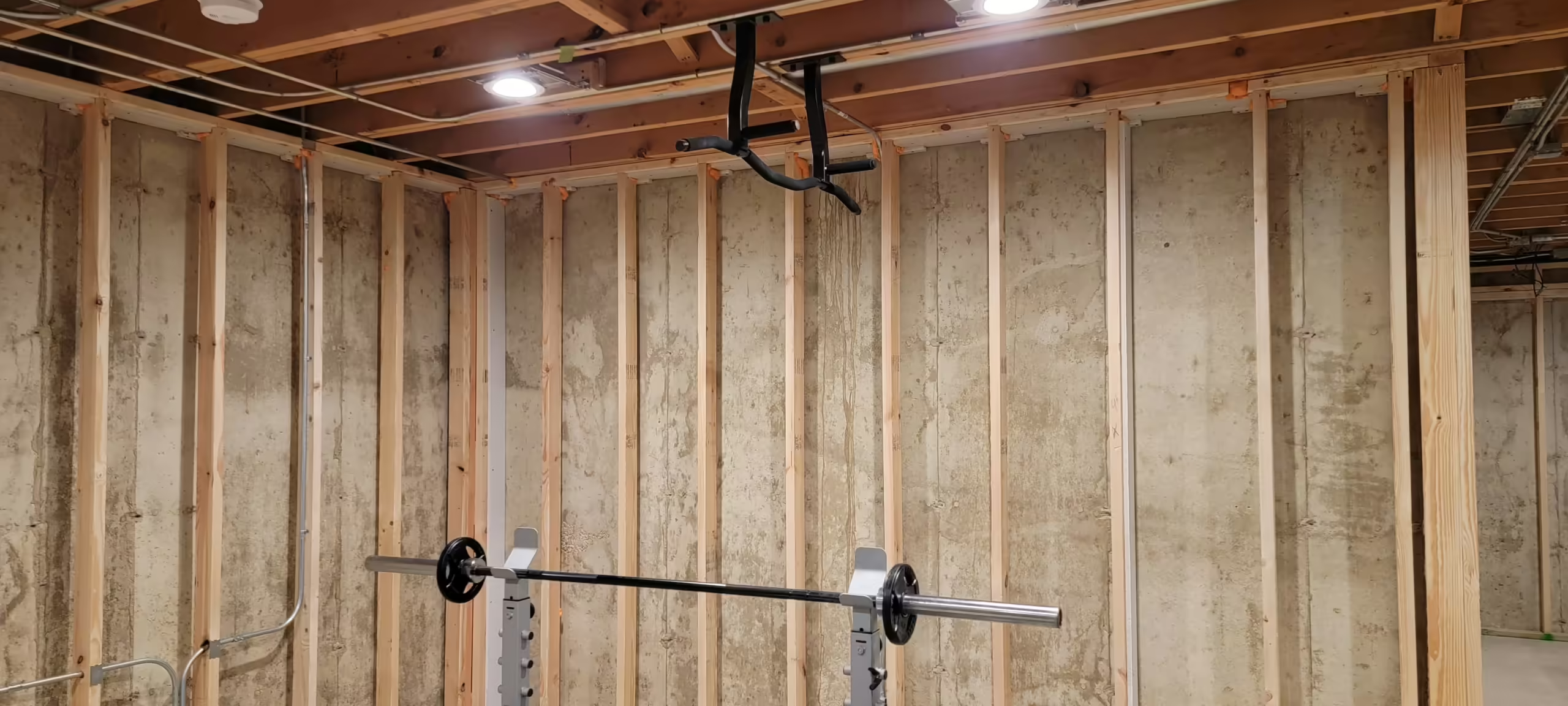 Basement Insulation
Basement Insulation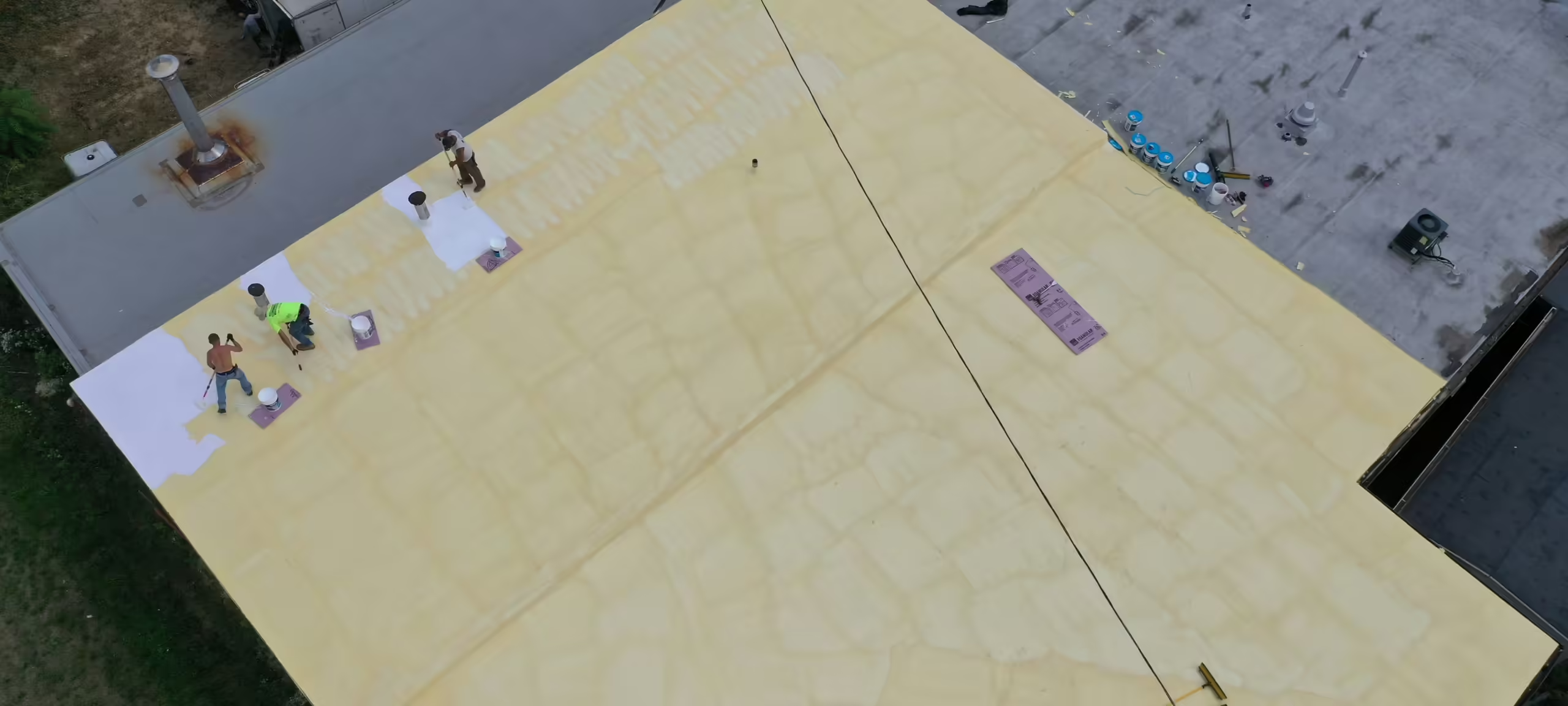 Commercial Insulation
Commercial Insulation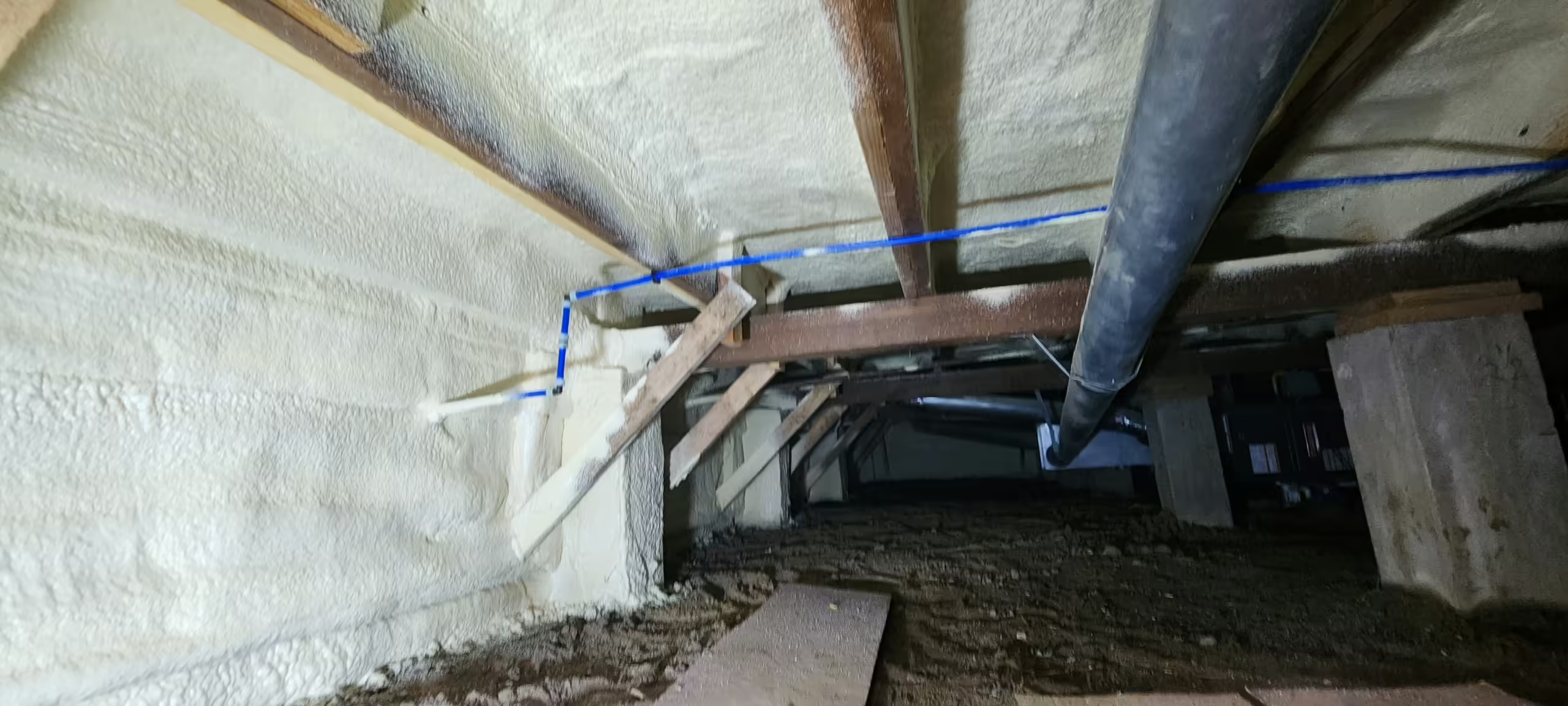 Crawl Space Insulation
Crawl Space Insulation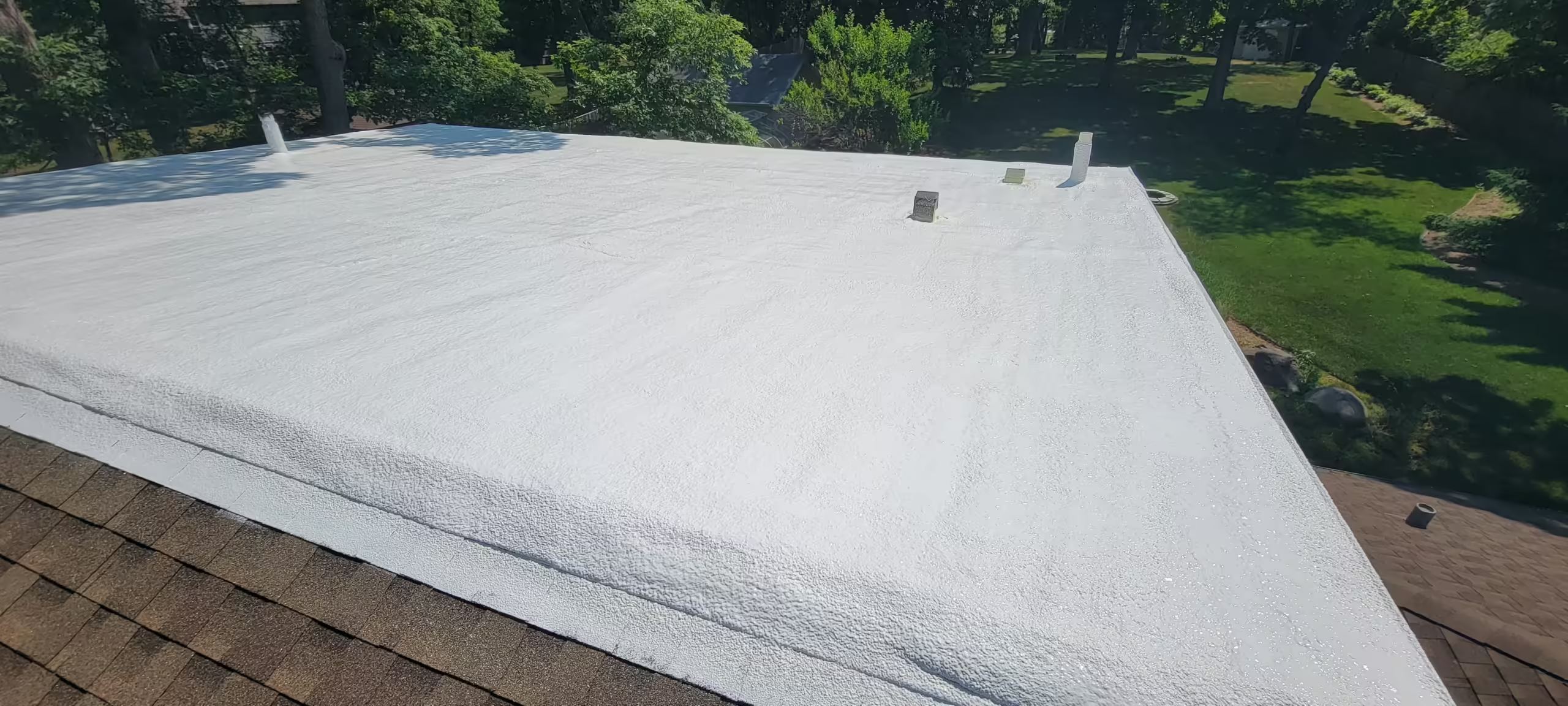 Exterior Wall Insulation
Exterior Wall Insulation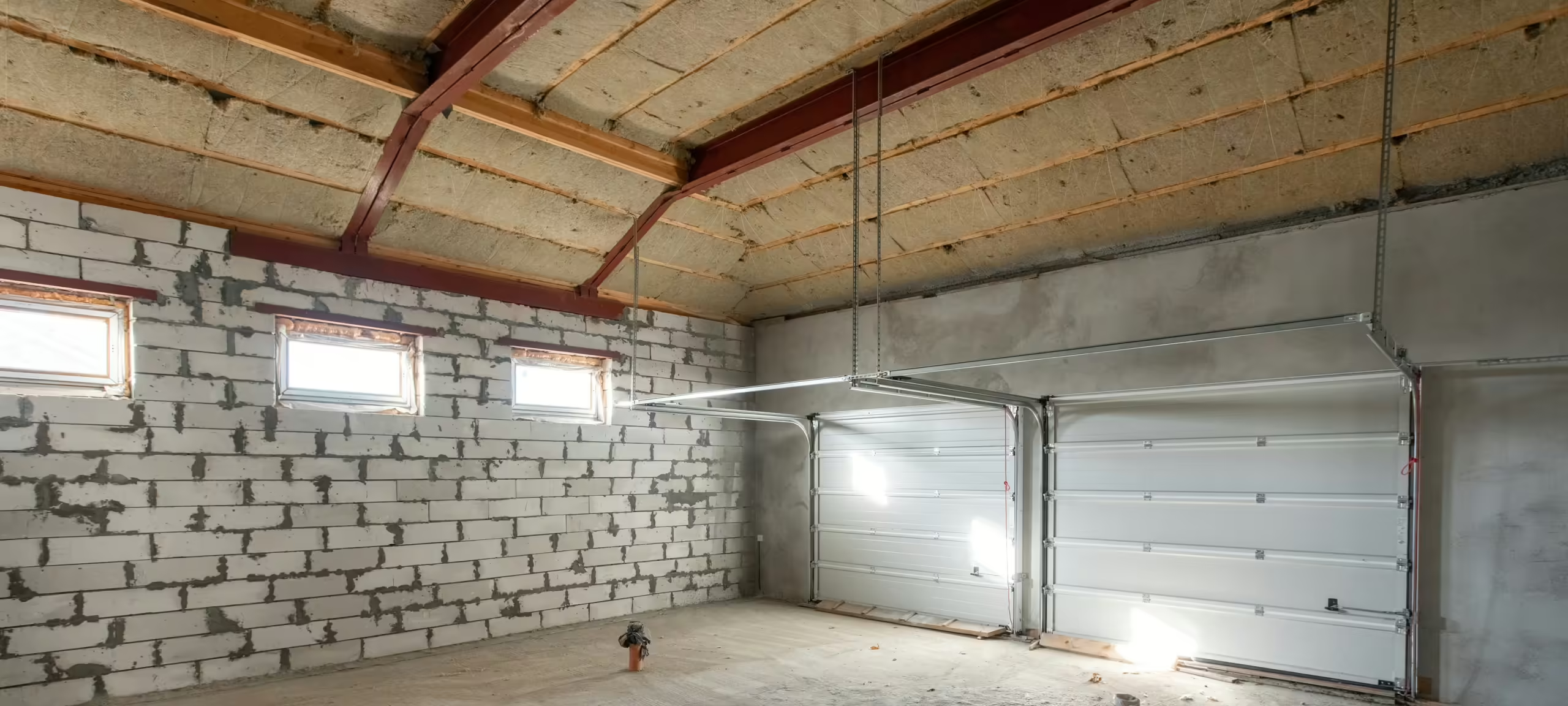 Garage Insulation
Garage Insulation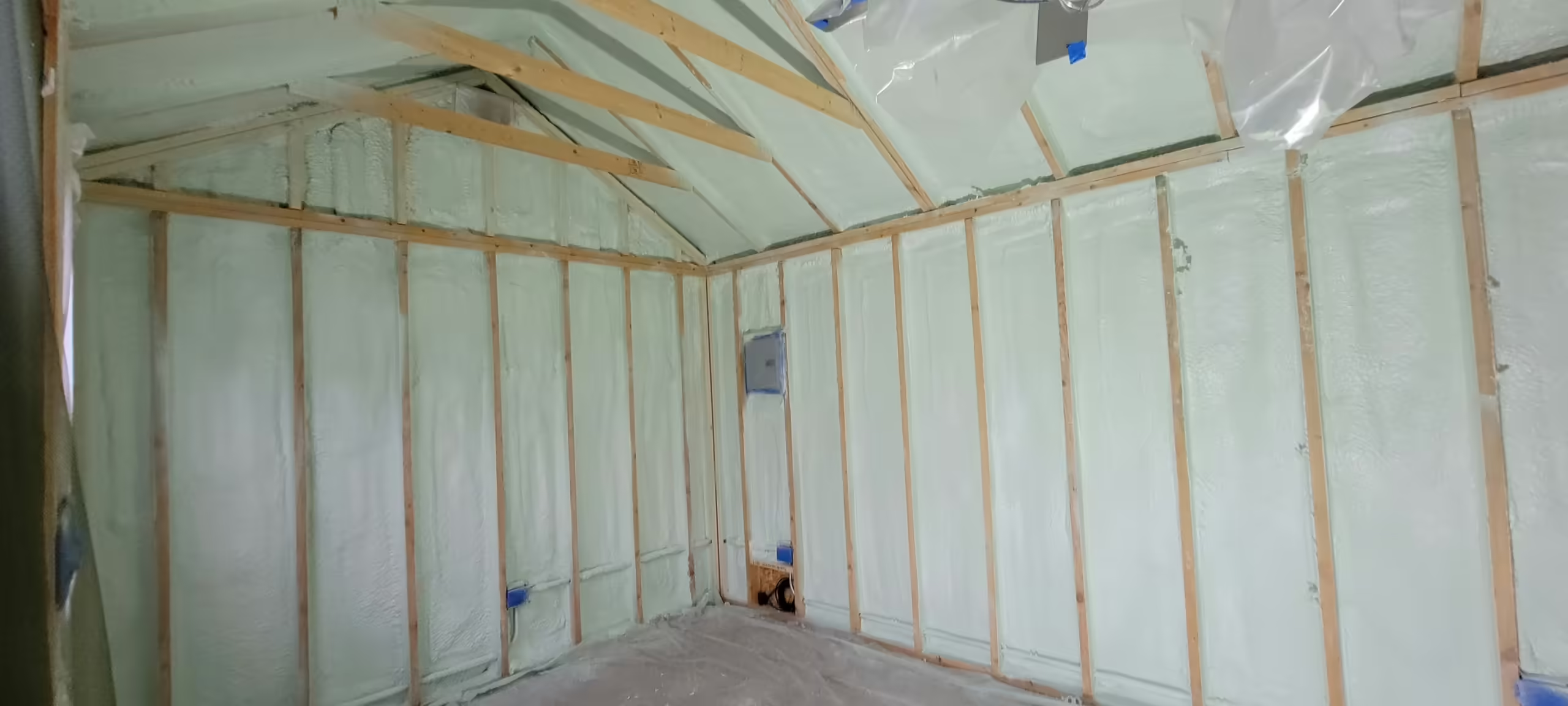 Interior Wall Insulation
Interior Wall Insulation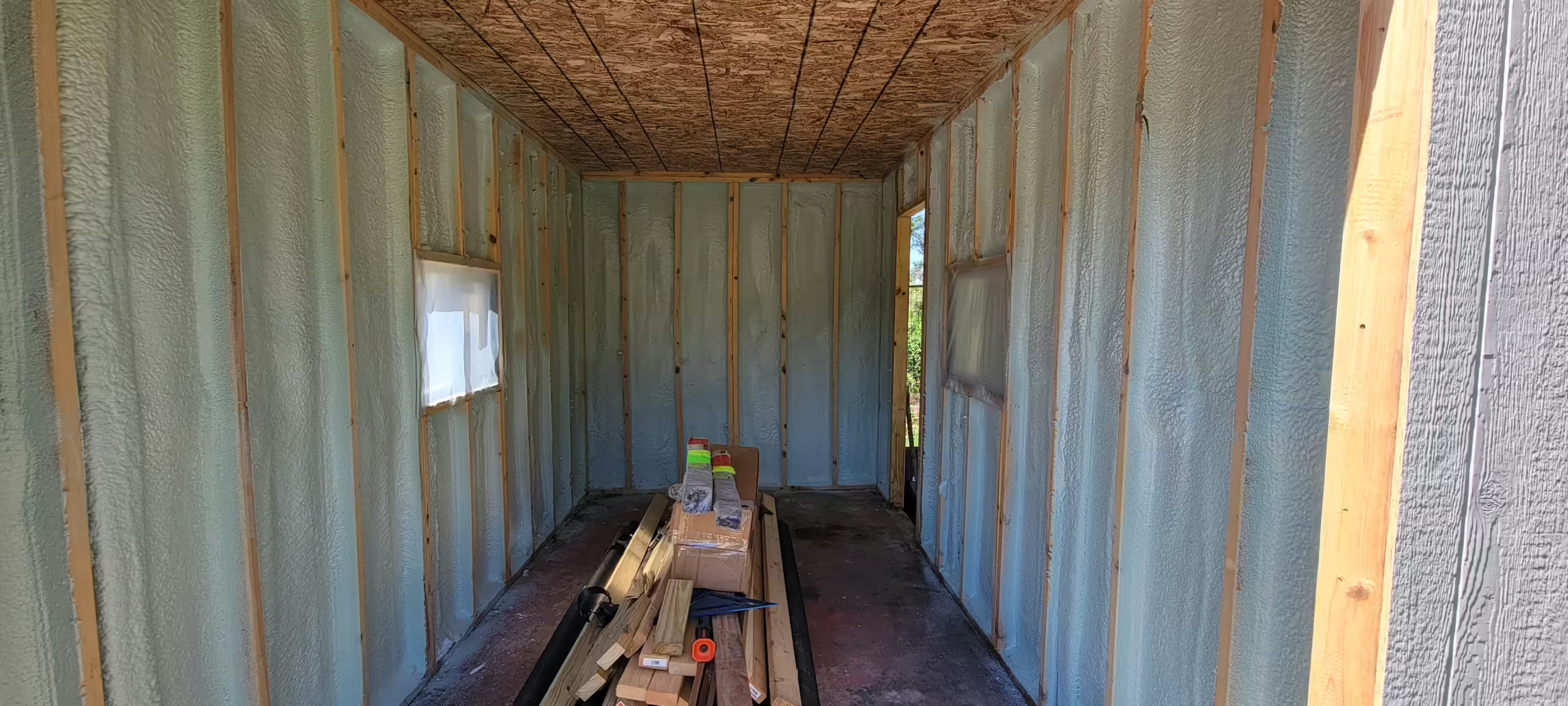 Shed Insulation
Shed Insulation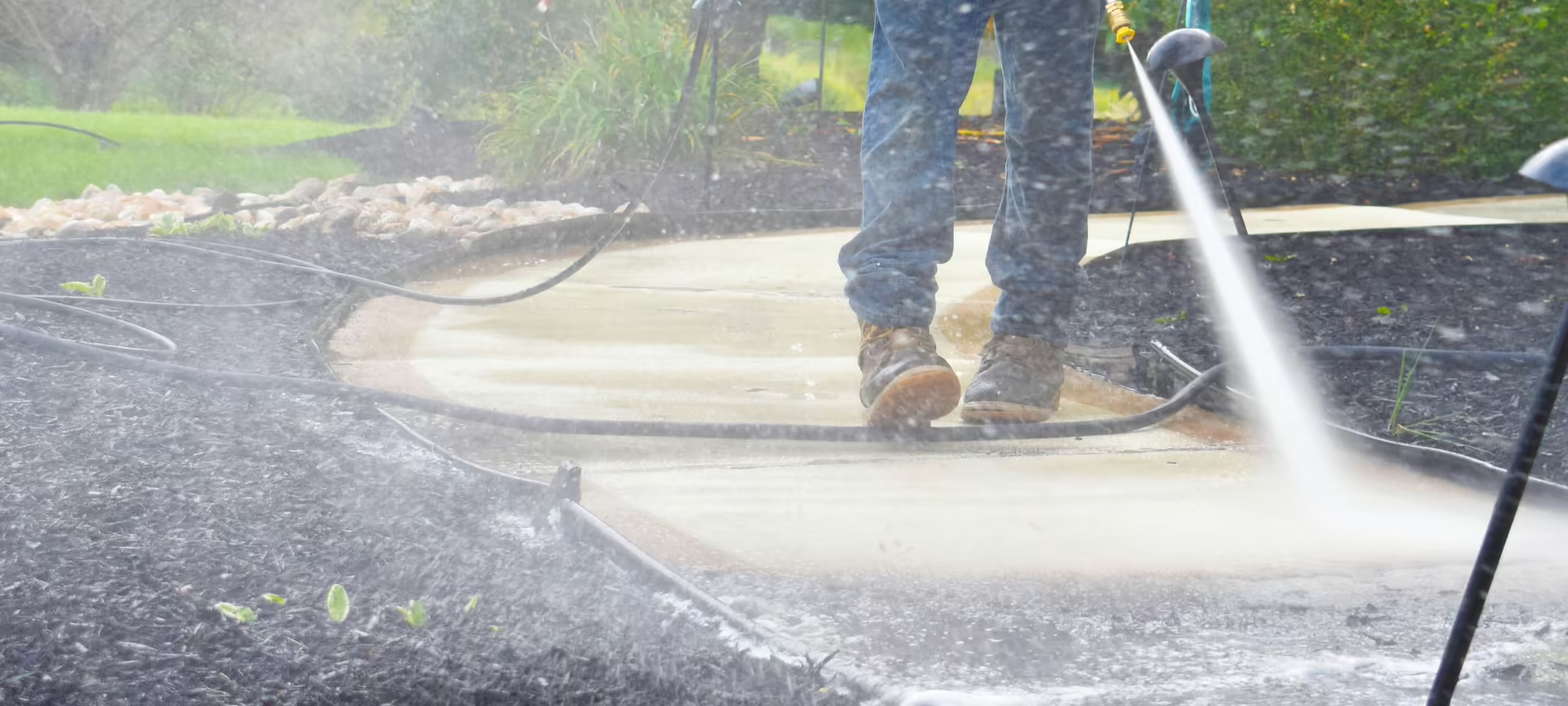 Power Washing
Power Washing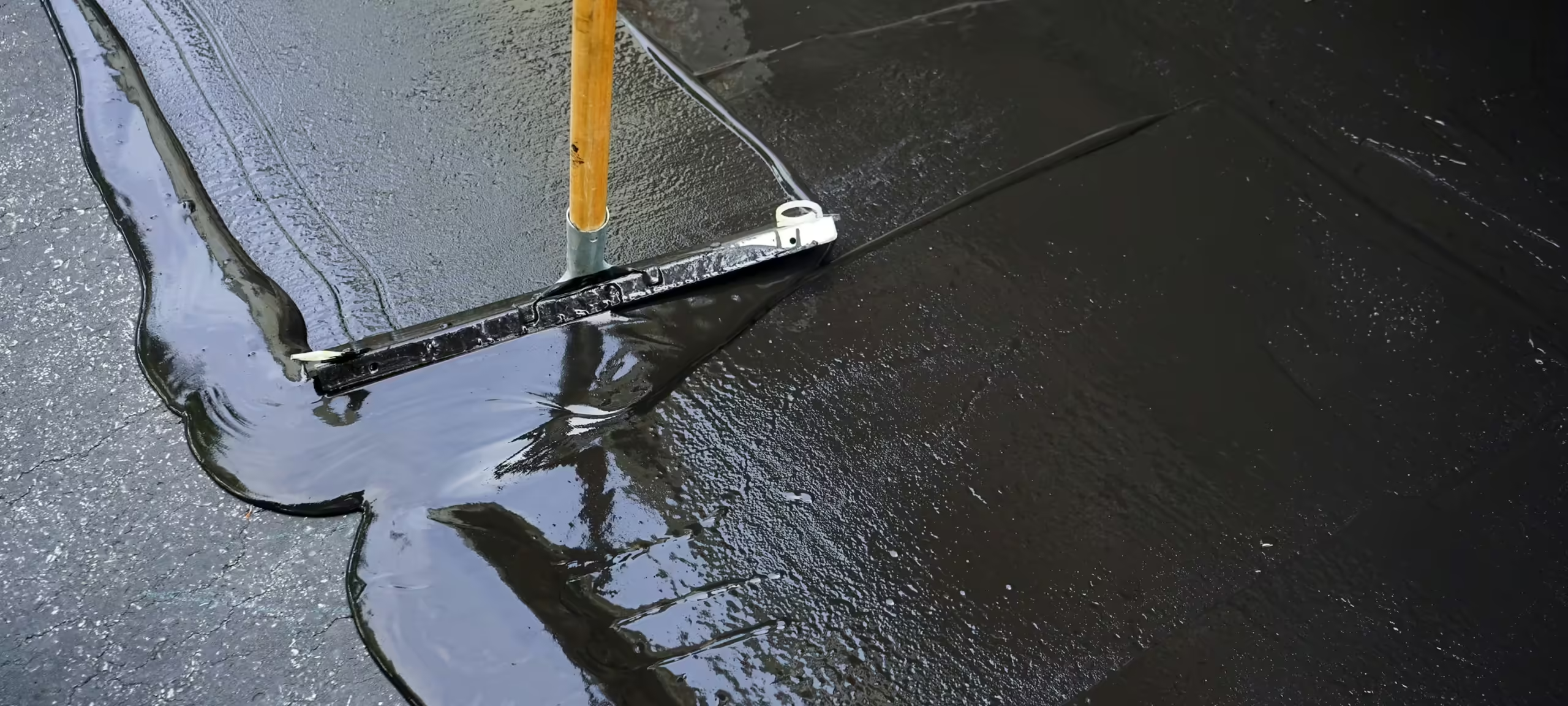 Sealcoating
Sealcoating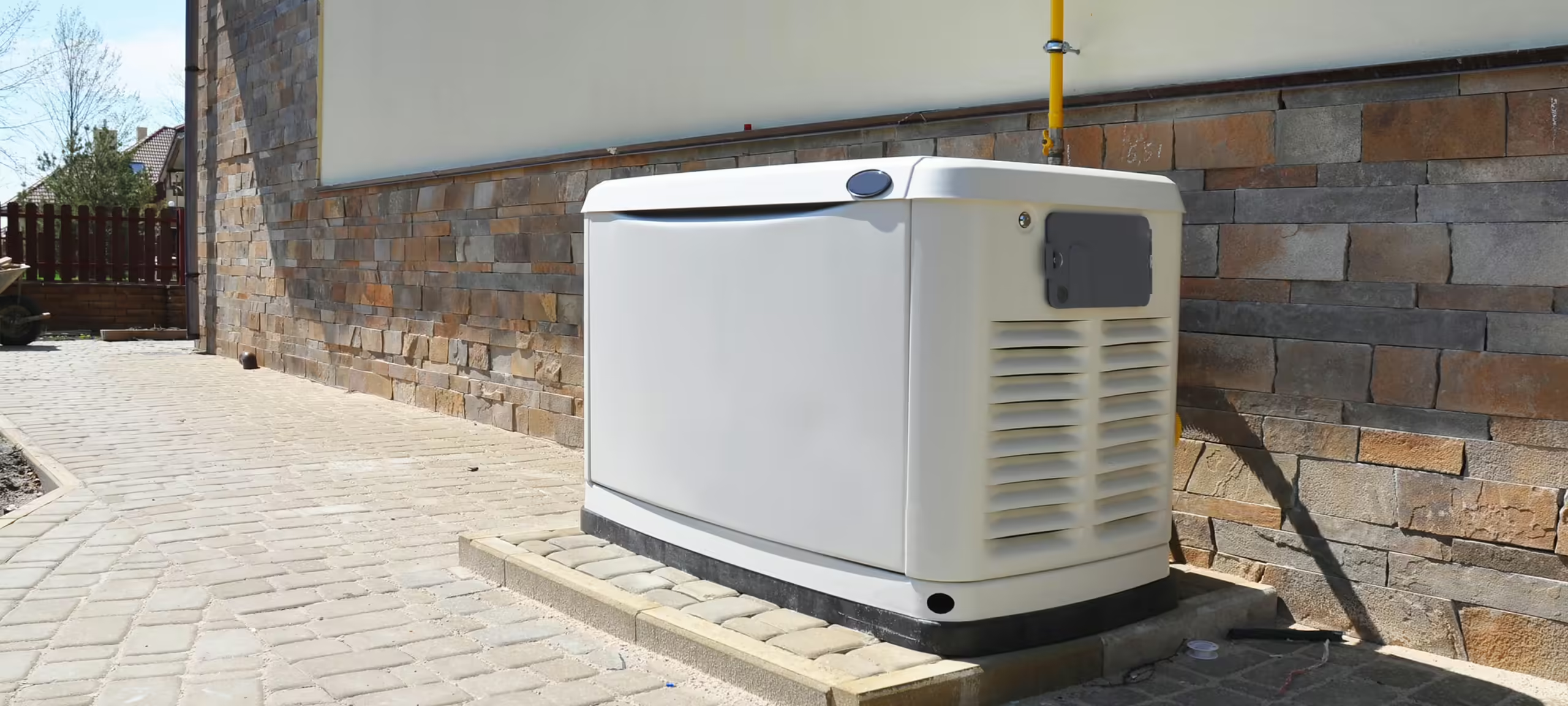 Backup Power Generators
Backup Power Generators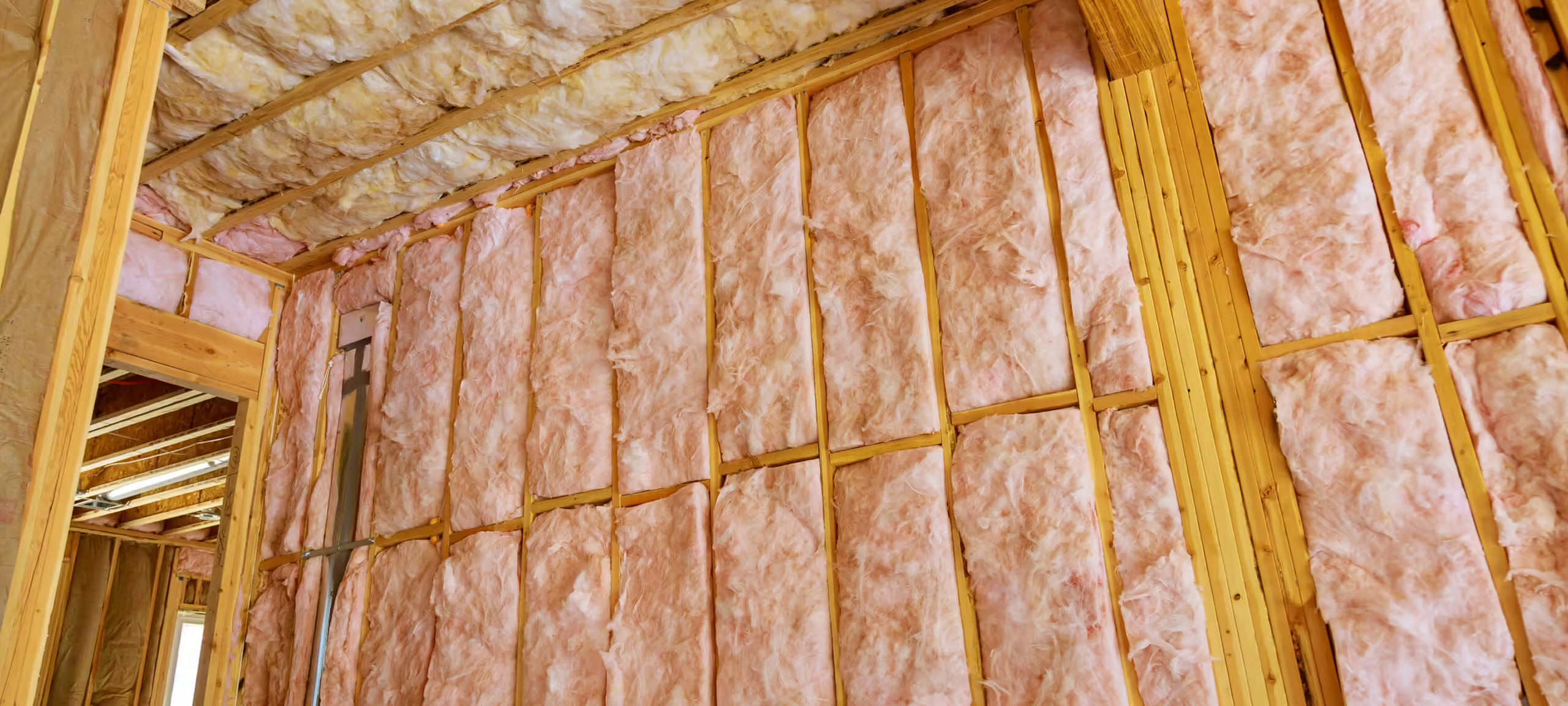 Insulation Removal Service
Insulation Removal Service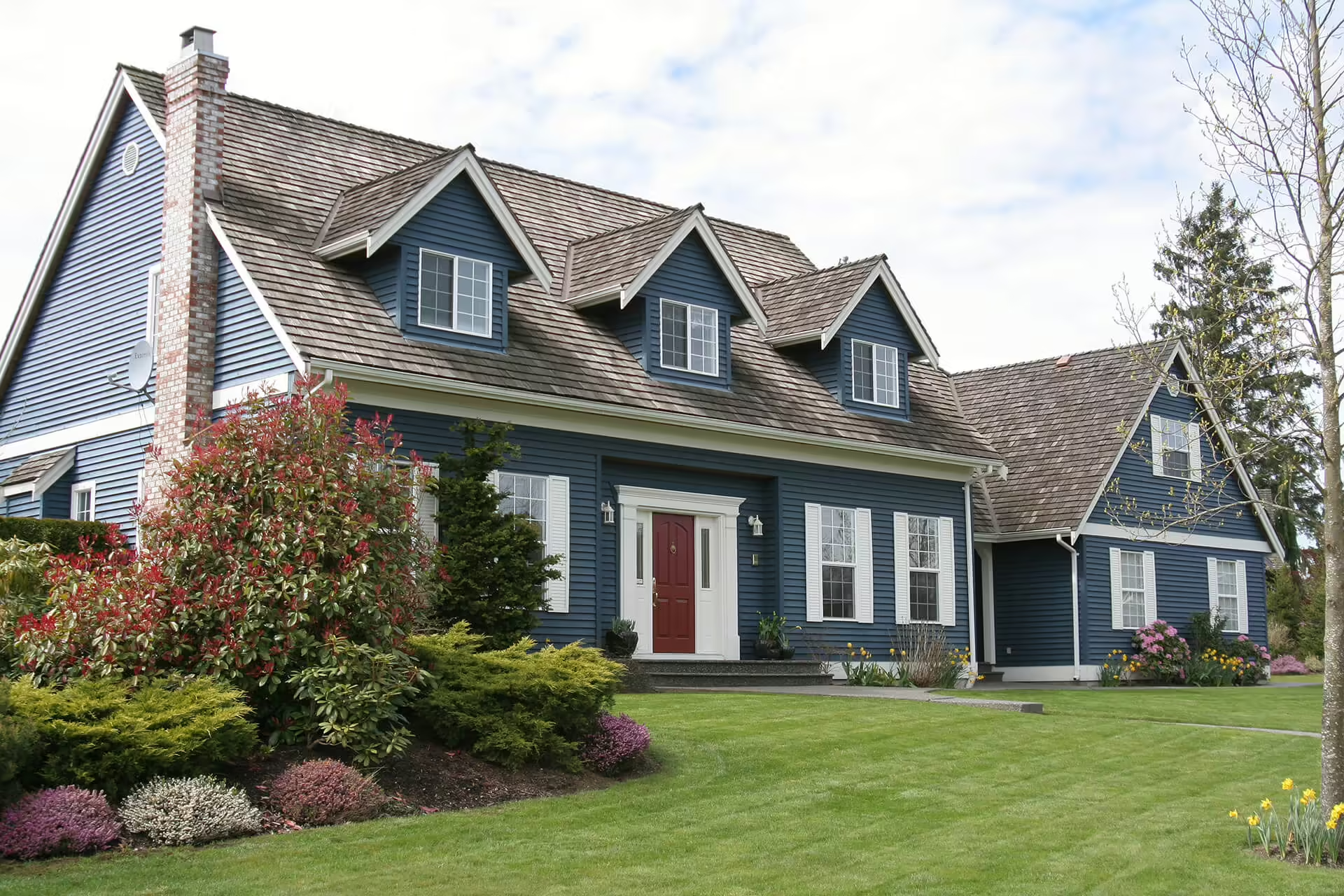 Lake County Insulation
Lake County Insulation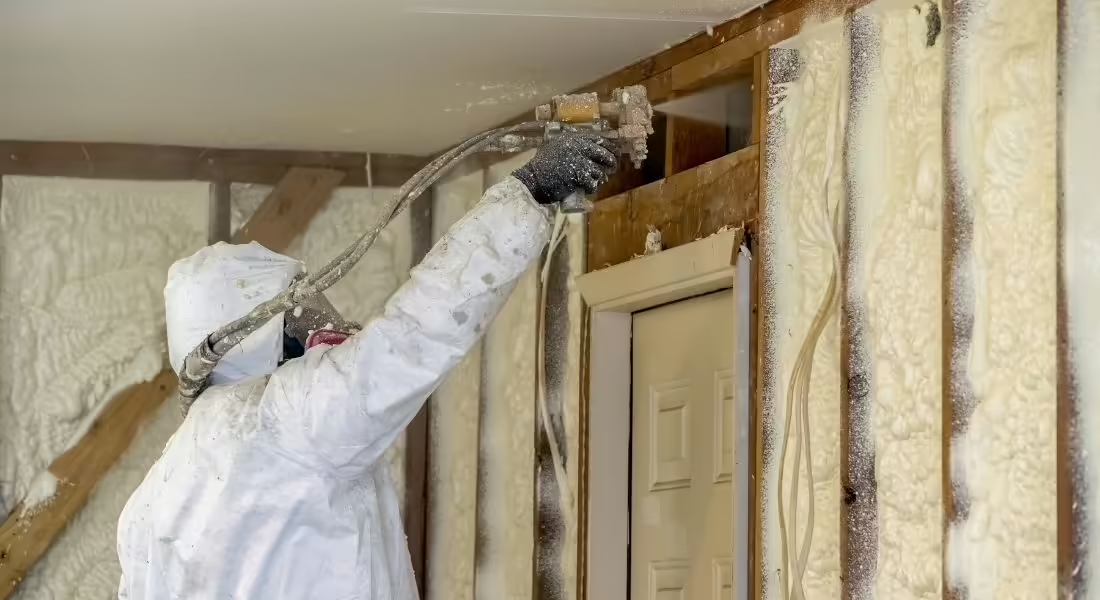 Spray Foam Insulation Guides
Spray Foam Insulation Guides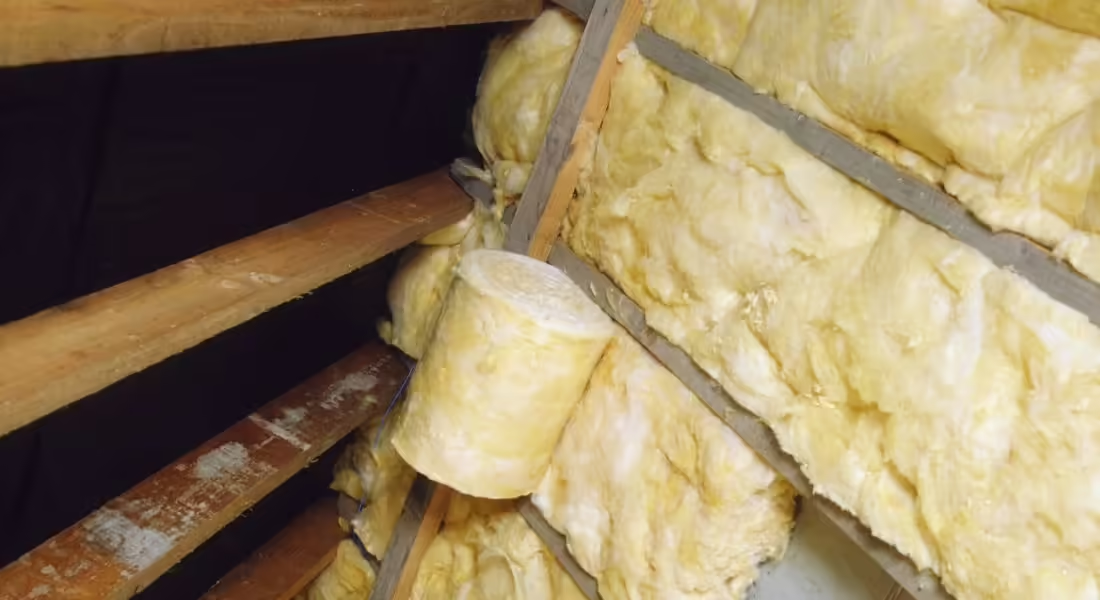 Insulation Guide
Insulation Guide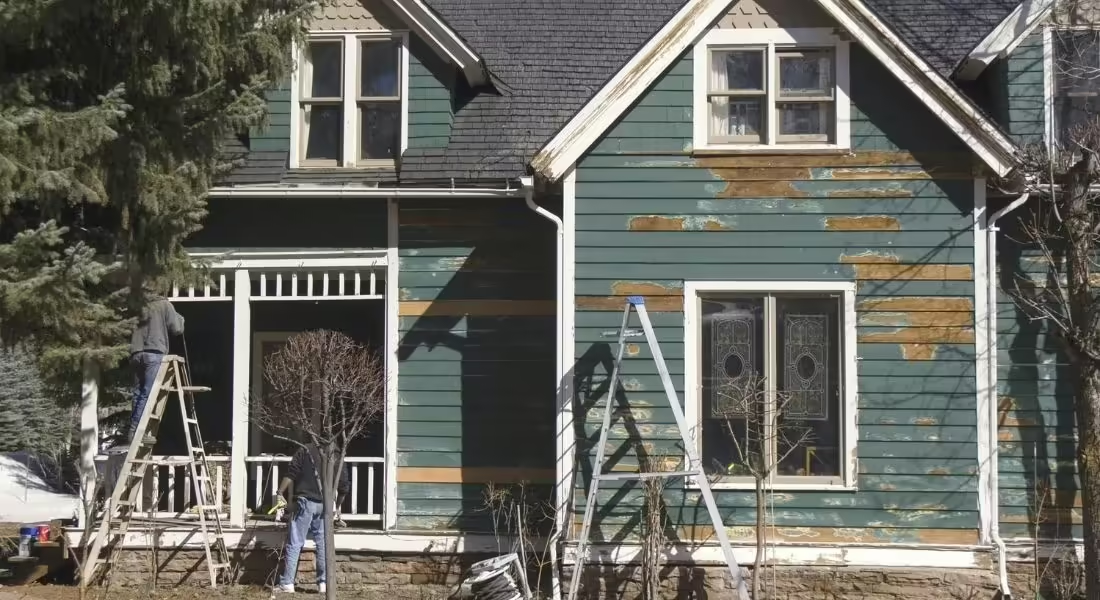 Home Improvement & Maintenance Guide
Home Improvement & Maintenance Guide